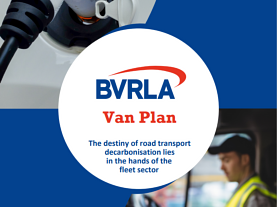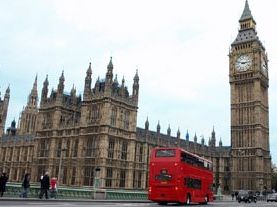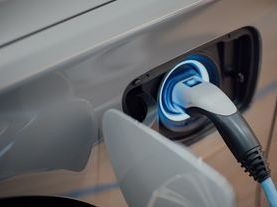The BVRLA is leading a campaign to secure clarity from the Government on the future of the Plug-In Car and Van Grants, urging that any end to these grants should be gradual, taking a phased approach in order to allow the market and manufacturers to respond.
Business fleets buy over 50% of all new vehicles sold each year, including the majority of Battery Electric Vehicle (BEVs). This transition to electric vehicles is at an incredibly fragile stage, with BEVs responsible for just over 1% of new vehicle sales in 2019. The 2018 changes to the Plug-In Car Grant for hybrid vehicles came at short notice, leading to a surge in orders for BEVs and lots of disappointed customers, many of whom chose a petrol or diesel car instead. The BVRLA is keen to ensure this situation is not repeated if the grant for BEVs is eventually stopped.
The association is gathering support for its calls from a wide array of businesses, transport groups, and environmental bodies. At the end of the month a joint letter will be sent to political party leaders, calling on whoever becomes Prime Minister after the election to back the campaign through the actions of their new government.
If you would like to add your company's name to the letter below please email [email protected] before the end of the day on Wednesday 4th December.
Dear (leader name),
As representatives of the automotive and fleet sectors, we are writing to urge you to make zero emission transport an early focus in your government’s activities if elected as Prime Minister this December.
Business fleets buy over 50% of all new vehicles sold each year, including the majority of Battery Electric Vehicles (BEVs). Their transition to zero-emission motoring provides a vital stimulus in the fight to address climate change and poor air quality. This transition is at an incredibly fragile stage, with BEVs responsible for just over 1% of new vehicle sales in 2019.
It is vital that the next government provides future certainty around the status and lifespan of the Plug-In Car and Van Grants.
EV affordability
The typical BEV costs around £10,000 more than its petrol or diesel equivalent. Running costs play a big role in reducing this gap and many fleets are persuaded by the long-term economics of going electric.
But for many company car drivers or small business owners the most important figure is the monthly lease rate. The Plug-In Car Grant means that BEVs like the Nissan Leaf or BMW i3 can be offered at a monthly cost comparable to an equivalent petrol or diesel vehicle. Without the grant, this monthly lease rate would rise by well over £100, or by 25% per month. As well as destroying any price parity that BEVs have, this increase would see BEVs removed from many company car choice lists. Hundreds of thousands of employees would lose the option of choosing an electric company car.
EV availability
Waiting times for some of the most popular BEVs are already at nine or twelve months, and fleets need to know that a vehicle on order will still qualify for the grant if it takes longer than nine months to arrive. The 2018 changes to the Plug-In Car Grant came at short notice, leading to a surge in BEV orders and lots of disappointed customers, many of whom chose a petrol or diesel car instead. Looking forward, any change in the grant must be gradual and clearly signposted, giving customers time to act and vehicle manufacturers time to reconsider their BEV pricing.
In summary, we hope you will make a positive start if elected Prime Minister, by pledging continued support for the vital Plug-In Car and Van Grants.
Yours sincerely,




